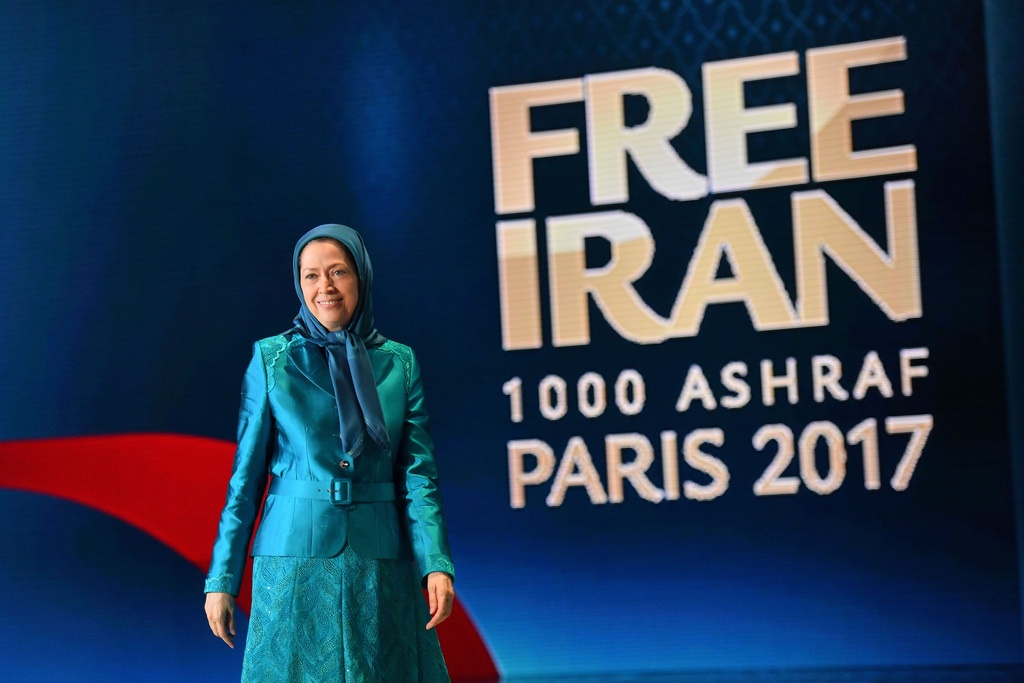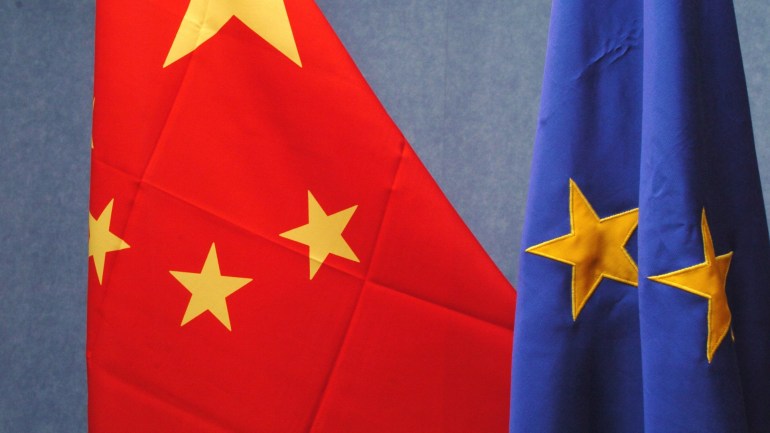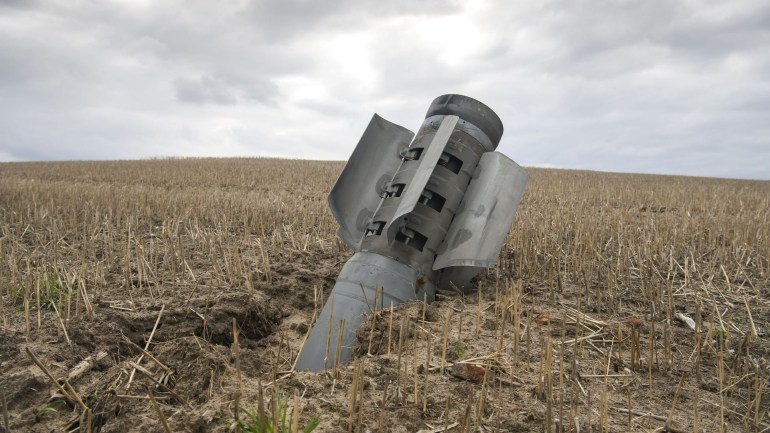
The annual “Free Iran” gathering of the Iranian Resistance, People’s Mojahedin Organization of Iran (PMOI/MEK), commenced on July 1st attracting tens of thousands of participants from over five continents, including prominent political figures from the United States and Europe. A wide range of topics were addressed and human rights were at the forefront. Speakers used the opportunity to condemn Iran’s government for violating the rights of its people.
Iran is known for its appalling human rights record. In addition to its relentless use of the death penalty, the regime continues to practice medieval punishments such as stoning, eye gouging, flogging and hand amputations. President Hassan Rouhani’s claims of improving human rights was false. Nearly 3,000 inmates were executed during his first term in office. Days after his reelection reports indicate ten inmates were executed.
The regime has heightened its suppression on society in recent months and years, thus proving moderation is a false notion in Iran’s governmental structure.
During the conference, Theresa Villiers, MP of the United Kingdom’s Conservative Party, mentioned that 700 people were executed in just a span of six months in 2015, “equivalent to around three every single day of the year.” She also mentioned the persecution of religious minorities, such as Christians and Baha’is, who are discriminated against simply because of their faith.
Former New York Mayor Rudy Giuliani compared the regime’s current human rights record to that of former president Mahmoud Ahmadinejad’s term and concluded it has deteriorated.
“When I hear the word moderate and I hear the name Rouhani, I think of the fact that he has actually killed more people in Iran than Ahmadinejad,” he said.
Giuliani added Rouhani attempts to depict himself as a moderate to the international community, meanwhile “to the Iranian people, he is a violent and vicious murderer.”
Former House Speaker Newt Gingrich also spoke of the regime’s oppressive nature and its constant threatening of dissidents. He discussed the massacre of political prisoners in 1988 and highlighted that Iran’s current justice minister, Mostafa Pourmohammadi, played a critical role in the killings.
“A dictatorship that appoints as its justice minister someone who killed 30,000 people is telling you everything you need to know about the core nature of the dictatorship,” he explained. Pourmohammadi is a notorious member of the Death Commission tasked to supervise the 1988 purge.
Maryam Rajavi, President-elect of the National Council of Resistance of Iran (NCRI), reiterated that Iran’s Supreme Leader and all regime officials need to be brought to justice for their crimes against the Iranian people, especially the 1988 massacre of 30,000 political prisoners. During the event Rajavi also paid tribute to those fallen for freedom.
A delegation from Italy led by former foreign minister Giulio Terzi spoke of an appeal they sent to their government calling for a stricter Iran policy.
“The Italian government must strongly condemn the 1988 massacre and inch any relations with Iran on stopping all executions,” Terzi read from the statement. “The Italian government must call on the United Nations to place on their agenda launching probes into this massive crime of 1988, and to send the perpetrators to justice.”
Iran’s human rights abuses continue till this very day. Reports indicate 57 inmates have been sent to the gallows so far in the month of July alone. The regime is planning to execute another 120 prisoners in upcoming weeks. A recent video posted on social media shows a masked agent of the regime flogging a young man in Malayer (Hamedan Province).
#Iran: Prisoner publicly flogged in Malayer #FreeIran pic.twitter.com/Jrv6VL8faq
— Iran Freedom (@4FreedominIran) July 10, 2017
During the past month, the regime has also arrested a number of Christians including a well-known pastor, Yousef Naderkhani. Naderkhani has been sentenced to 10 years in prison. It is noteworthy to mention that Naderkhani had been previously arrested and even issued the death penalty by Iran’s judiciary for apostasy.
In addition to condemning such abuses in Iran, politicians partaking in this gathering expressed their support for the Iranian Resistance as an alternative to the ruling theocratic regime. The speakers and participants of the rally also voiced their support for Rajavi’s ten-point-plan for the future Iran, abolishing the death penalty, respecting the Universal Declaration of Human Rights and all international covenants.




1 Comments
mohamad kh
it was very good and informative and helpful article ,
thanks and keep up your good work
Comments are closed.